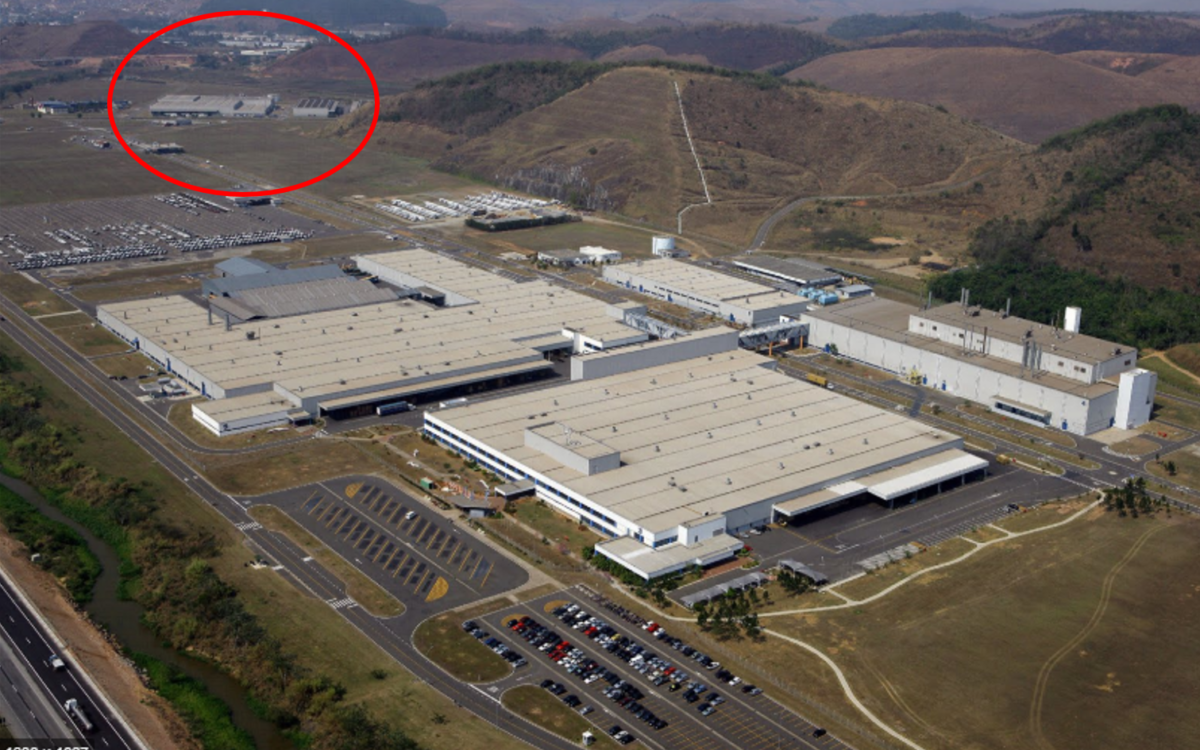Oxfordshire-based lithium-sulfur (Li-S) battery manufacturer Oxis Energy has said it will start supplying solid-state systems to clients “with immediate effect,” with deliveries for test projects planned by aviation, marine, defense, and heavy electric vehicle clients to take place by “late autumn.”
That late-December pledge will see the British company able to ship its first-generation, ‘quasi-solid-state' systems, with initial commercial production of the cells and battery systems to take place at Oxis' factory in Port Talbot, Wales.
The manufacturer yesterday announced it will produce quasi-solid-state cells with 450 Wh/kg specific energy and an energy density of 550 Wh/l by next summer, as agreed with Japanese client Sanyo Trading Co Ltd.
With mass production of solid-state devices expected to start at Oxis' factory in Juiz de Fora, Brazil, in 2023, the manufacturer has agreed a target with Sanyo of 550 Wh/kg and 700 Wh/l for the autumn of that year, and is separately aiming to hit 600 Wh/kg and 900 Wh/l by 2026.
Solid-state devices do not feature the organic, highly-flammable electrolyte present in conventional lithium-ion (Li-ion) systems, which has been observed to cause fires in large scale applications and be a cause of concern for aviation companies contemplating electric-powered flight.
Oxis chief executive Huw Hampson Jones, quoted in a press release issued by the company yesterday, said: “Based on our U.S. client base, we know that aircraft manufacturers welcome the move from conventional to solid-state Li-S. Oxis Li-S cell technology is inherently safer than Li-ion, as sulfur acts as a passivation of the lithium metal. Oxis has perfected mechanisms whereby greater levels of safety and longevity are achieved as we move towards roll-out of quasi-solid-state Li-S in 2021/2022. In 2020, Oxis successfully powered an all-electric U.S. aircraft, meeting client and Federal Aviation Authority requirements.”
Lithium-sulfur devices, whether solid-state or conventional, also benefit from not requiring the cobalt, manganese, nickel and copper used in mainstream lithium-ion products, and which pose global supply concerns.
The UP initiative
The Brazilian manufacturing base, which Oxis said last year is being leased from Mercedes Benz, is under preparation, with specialist engineer Nordika Pharmaceutical having started design work on the facility and due to finish that stage of the project this year.
In February last year, Oxis had announced it expected the Brazilian fab to be operational this year but that commissioning date was subsequently pushed back to 2023, with the British company stating in May, the factory would start production with an annual output capacity of 5 million Li-S battery cells.
This content is protected by copyright and may not be reused. If you want to cooperate with us and would like to reuse some of our content, please contact: editors@pv-magazine.com.




1 comment
By submitting this form you agree to pv magazine using your data for the purposes of publishing your comment.
Your personal data will only be disclosed or otherwise transmitted to third parties for the purposes of spam filtering or if this is necessary for technical maintenance of the website. Any other transfer to third parties will not take place unless this is justified on the basis of applicable data protection regulations or if pv magazine is legally obliged to do so.
You may revoke this consent at any time with effect for the future, in which case your personal data will be deleted immediately. Otherwise, your data will be deleted if pv magazine has processed your request or the purpose of data storage is fulfilled.
Further information on data privacy can be found in our Data Protection Policy.